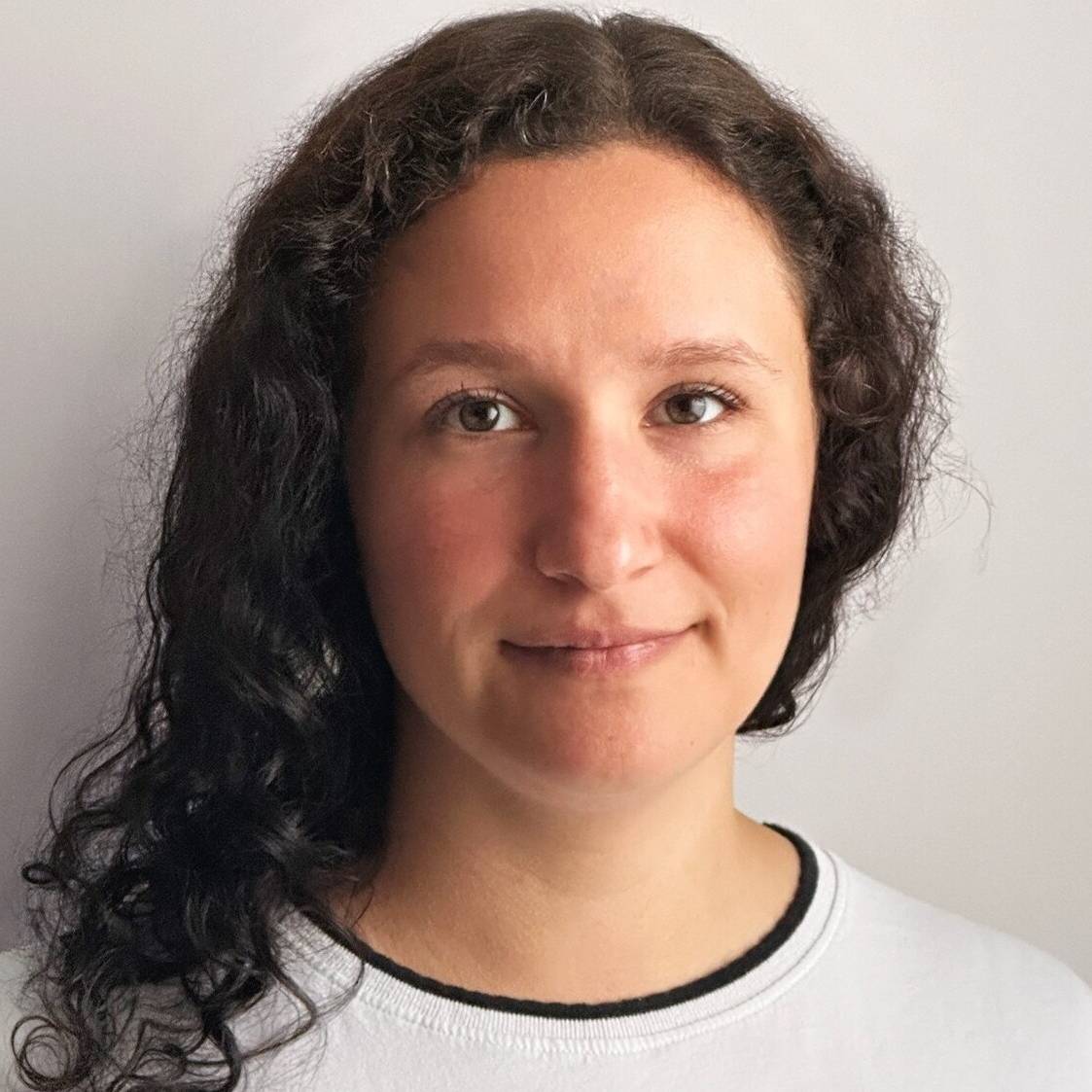How to conjugate four of the most common forms of “sein” in German

Sein oder nicht sein, das ist hier die Frage (“To be or not to be, that is the question”). Shakespeare may not have been thinking about the German verb sein when he penned that famous line, but that’s precisely our topic today. In this guide, we’ll review the different forms of sein (to be) in German and how to conjugate them.
As sein is an irregular verb, the forms it takes do not always follow the same rules as the conjugations of regular verbs. So, pay close attention as we discover the most common forms of sein in German. We’ll learn how to conjugate sein in the present, simple past, present perfect and future tense — and start to use it in simple sentences.
- The importance of “sein” in German
- Present tense
- Simple past tense
- Present perfect tense
- Future tense
Learn languages at your pace
The importance of “sein” in German
As in many other languages, the word for “to be” holds an important place in German. Without it, it would be impossible to communicate one’s emotional or physical state. Consequently, sein is a word that you will often encounter in simple conversations as well as in more complex storytelling.
Sein is an irregular verb, which means that it’s not conjugated in a way that adheres to the typical rules of German verbs. To master it, you’ll just have to learn the irregular conjugations of sein in German by heart.
This is the same situation as in English, where “to be” is also subject to irregular conjugation. This may be due to the fact that sein and “to be” are such crucial verbs in their respective languages. With great importance comes great irregularity — or so one possible explanation goes.
Present tense
It makes sense to start with the present tense of sein — not only in terms of succession, but also in terms of importance. After all, this is the tense you’re most likely to use when you start learning German. The Präsens of sein is used to communicate how someone or something “is” at the present moment.
This is how you conjugate sein in the present tense:
| Ich bin | I am |
| Du bist | You are |
| Er/sie/es ist | He/she/it is |
| Wir sind | We are |
| Ihr seid | You are |
| Sie sind | They are |
Example sentences for the present tense of “sein” in German
Ich bin traurig. (I am sad.)
Du bist neugierig. (You are curious.)
Er ist zuhause. (He is at home.)
Simple past tense
If you want to talk about events or actions that were completed in the past, you can use the Präteritum or Imperfekt (simple past tense) of sein.
Here is how to conjugate sein in the simple past tense:
| Ich war | I was |
| Du warst | You were |
| Er/sie/es war | He/she/it was |
| Wir waren | We were |
| Ihr wart | You were |
| Sie waren | They were |
Example sentences for the simple past tense of “sein” in German
Sie waren nicht zufrieden. (They were not satisfied.)
Er war zu langsam. (He was too slow.)
Ihr wart im Restaurant. (You were at the restaurant.)
Learn languages at your pace
Present perfect tense
We use the present perfect tense to talk and write about actions and events that happened in the past and had an effect on (or a strong connection to) the present. The German name for this tense is Perfekt.
The present perfect tense is formed by using the auxiliary verbs sein (to be) or haben (to have) in their present tense, followed by the past participle of the main verb. To illustrate, let’s consider an example in which the main verb is gehen (to go):
- Ich bin nach Hause gegangen. (I have walked home.)
And another in which the main verb is essen (to eat):
- Ich habe viel gegessen. (I have eaten a lot.)
Don’t get confused if you see two forms of sein followed by each other in the present perfect tense. The present perfect of sein is always formed with the present tense of sein as the auxiliary verb, followed by the past participle of sein.
Here’s how to conjugate sein in the present perfect tense:
| Ich bin gewesen | I have been |
| Du bist gewesen | You have been |
| Er/sie/es ist gewesen | He/she/it has been |
| Wir sind gewesen | We have been |
| Ihr seid gewesen | You have been |
| Sie sind gewesen | They have been |
Example sentences for the simple past tense of “sein” in German
Ich bin zuhause gewesen. (I have been at home.)
Wir sind arm gewesen. (We have been poor.)
Future tense
Let’s talk about the future. To form Futur 1 (future tense) in German, the present tense of werden (to become) is combined with the infinitive of sein.
Here’s how to conjugate sein in the future tense:
| Ich werde sein | I will be |
| Du wirst sein | You will be |
| Er/sie/es wird sein | He/she/it will be |
| Wir werden sein | We will be |
| Ihr werdet sein | You will be |
| Sie werden sein | They will be |
Example sentences for the future tense of “sein” in German
Ich werde in zwei Stunden fertig sein. (I will be ready in two hours.)
Sie werden pünktlich sein. (They will be on time.)
Conjugating “to be” in German
While these are not the only forms of sein in German, being able to conjugate this crucial verb in present tense, simple past, present perfect and future will help you get through simple conversations as well as more advanced storytelling. Just like the verb “to be” holds a special (and irregular) place in English, sein is a bit of an oddity in German, which means that you have to learn its conjugations by heart.













